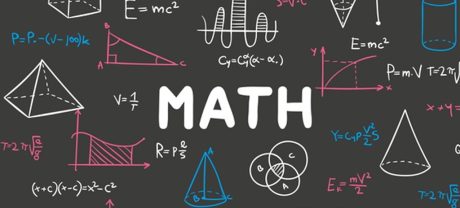1
In mathematics, there exists real life problems in fields such as engineering and many more where by their actual or real solutions can not be obtained, therefore we have find methods by which solutions to such problems can be approximated and therefore the need for numerical methods. Numerical methods therefore is the use of mathematical approaches that help us to approximate solutions to real life problems whose exact solutions do not exist and since it approximates solutions, there exists errors which must be minimised and reduced.
NUMERICAL METHODS SENIOR SIX
NUMERICAL METHODS has been part of the Advanced Level curriculum for a long time. However, there has been no Teaching Syllabus in place. The National Mathematics Panel has organised what is being taught in schools into a Teaching Syllabus purposely to ensure uniformity in the teaching of Advanced Level Principal Mathematics in all categories of secondary schools in Uganda, whether first or third world; urban or peri-urban; and those in rural areas. The flow of the teaching has been carefully considered from the point that some topics give rise to prerequisite knowledge for other topics. Mechanics, for example, has to be taught after some basic topics such as Vectors, Trigonometry and Algebra have been properly covered in Pure Mathematics. Details of the breakdown of the subject content to be taught per level per term per part are as indicated in the given table. Teachers are advised to follow the suggested and harmonized flow for consistency and uniformity in the teaching of Advanced Level Principal Mathematics. This will ensure efficient inter-school interactions and networking through seminars and workshops.Course Currilcum
-
- MTH6P2C: TRAPEZIUM RULE Details FREE 1 year
- This unit is about trapezium rule as applied in Advanced level Numerical Methods
- TRAPEZIUM RULE ASSIGNMENT 3, 00:00
-
- MTH6P2C: ITERATIVE METHODS Details FREE 1 year
- This unit is about the general iterative method of finding roots of equations in numerical methods.
- ITERATIVE METHODS ASSIGNMENT 300:05
-
- MTH6P2C: FLOW CHARTS Details FREE 1 year
- This unit is about flow charts
- FLOW CHARTS ASSIGNMENT 450:07





